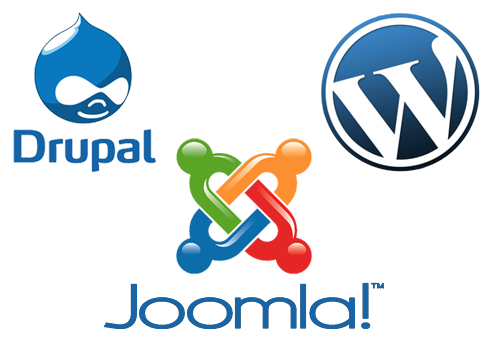There are many choices and factors with which to decide when your organization or company decides to create a web presence. Some people wrongly use various terms such as web site, content management system (CMS), blog, or some other related verbiage interchangeably. Some may ask why they should consider a CMS and, if they had done some research, the simple answer would be whether or not they want a static or dynamic web presence – the CMS would be the choice for a dynamic solution.
Magento – this solution is a leading enterprise-class content management system for eCommerce. The system includes an intuitive interface that provides advanced marketing, search engine optimization, and catalogue-management tools. This results in having the ability to support your scalable design for optimal performance and support backend and frontend features to maximize marketing, analytical techniques, and improve administration options.
Umbraco – this CMS is the framework which asp.net and many web sites use to manage and deliver content and apps to multitudes of users. In all, the Umbraco website development package includes a modern user interface (UI) that is based on Microsoft .Net framework with support for model view controller (MVC) and Webforms. MVC is a pattern which decouples the UI and controller logic. What this means is that it facilitates making the best possible HTML, CSS, Javascript and AJAX features for a highly dynamic web application. To learn more about Umbraco website development and expertise, visit Pattern Limited.
Drupal – this is one of the most powerful, developer-friendly CMS solutions for building complex sites but it requires expertise and experience. This is the best choice for a complex, highly customized site requiring scalability and complex content organization. However, it also is capable of producing the most advanced sites and ease of use is increasingly becoming much improved.
Joomla – celebrating 10 years of Joomla, they have deployed to millions of global websites and they’re still growing. When compared with WordPress and Drupal, Joomla is the moderate solution. Their popularity may be due to the fact that it is simple, extremely customizable, support various uses or purposes, support small to large business including non-profits, and individuals too. The system’s admin section is intuitive to use and includes multiple options from templates and styles to adding feeds, content blocks, menu management tools and more.
WordPress – most people hear the name and naturally associate it with blogging but it supports CMS too. It is true that this is the most popular regarding the simple blog or brochure-type of site but it is still the best choice for most beginners and professionals alike. There are variations on the strength of WordPress such as the free version which still contains “wordpress” in the uniform resource locator (URL) or web site address. There is another variation that requires a small monthly payment wherein your site will not contain “wordpress” in the URL and the




























